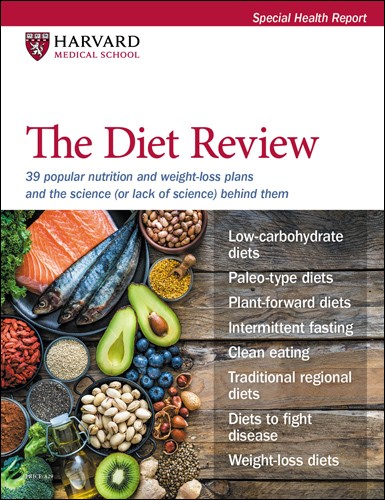Eating more whole grains linked to lower heart-related risks
Research we're watching

For years, federal nutrition guidelines have urged Americans to eat more whole grains, and new evidence lends further support to that advice.
The study relied on data from more than 3,100 people in the Framingham Heart Study Offspring Cohort, which began in the 1970s. Researchers tracked changes in their heart-related risks at four-year intervals over approximately 18 years.
They found that people who ate at least three servings of whole grains daily had smaller increases in blood sugar levels, blood pressure, and waist size compared with those who ate less than half a serving per day. Increases in those three factors are associated with greater odds of developing cardiovascular disease.
Whole-grain foods such as brown rice, rolled oats, and whole-grain breads are rich in fiber and other healthful nutrients. But American adults eat an average of less than one serving of whole grains daily. The study was published online July 13, 2021, by The Journal of Nutrition.
Image: © fcafotodigital/Getty ImagesAbout the Author

Julie Corliss, Executive Editor, Harvard Heart Letter
Disclaimer:
As a service to our readers, Harvard Health Publishing provides access to our library of archived content. Please note the date of last review or update on all articles.
No content on this site, regardless of date, should ever be used as a substitute for direct medical advice from your doctor or other qualified clinician.
















